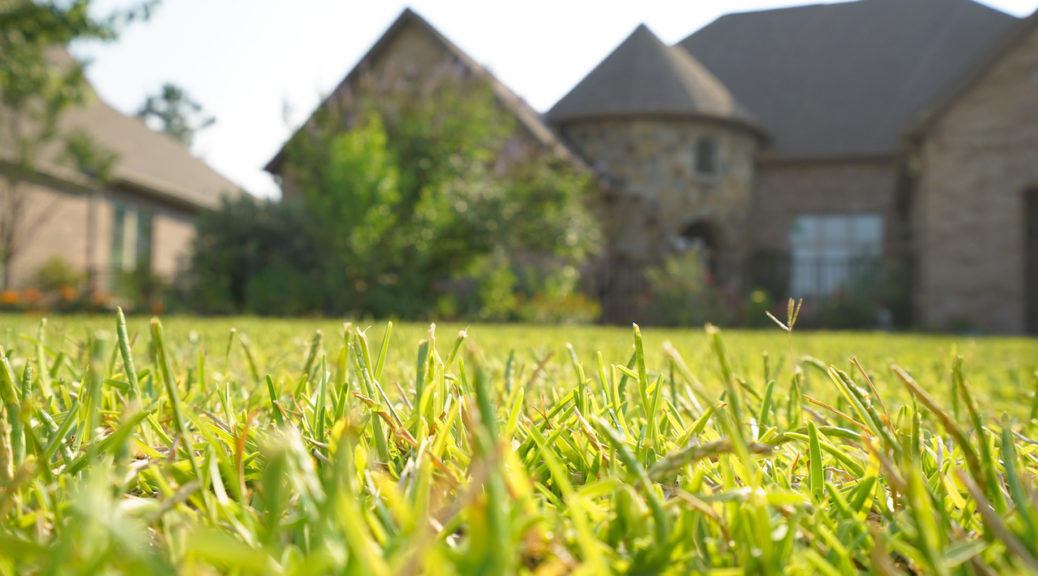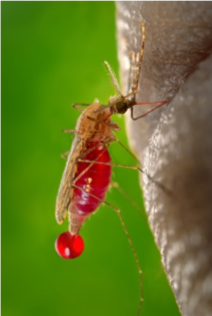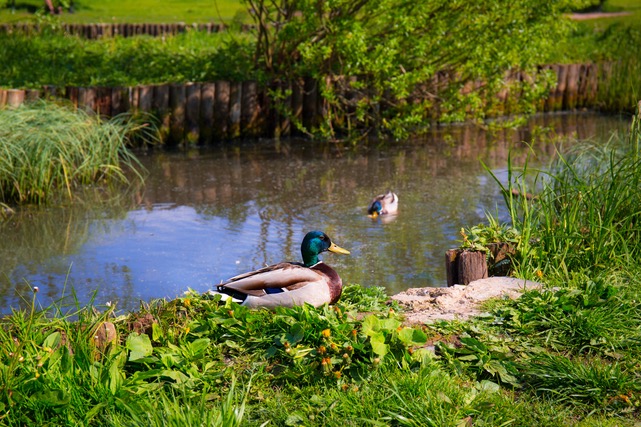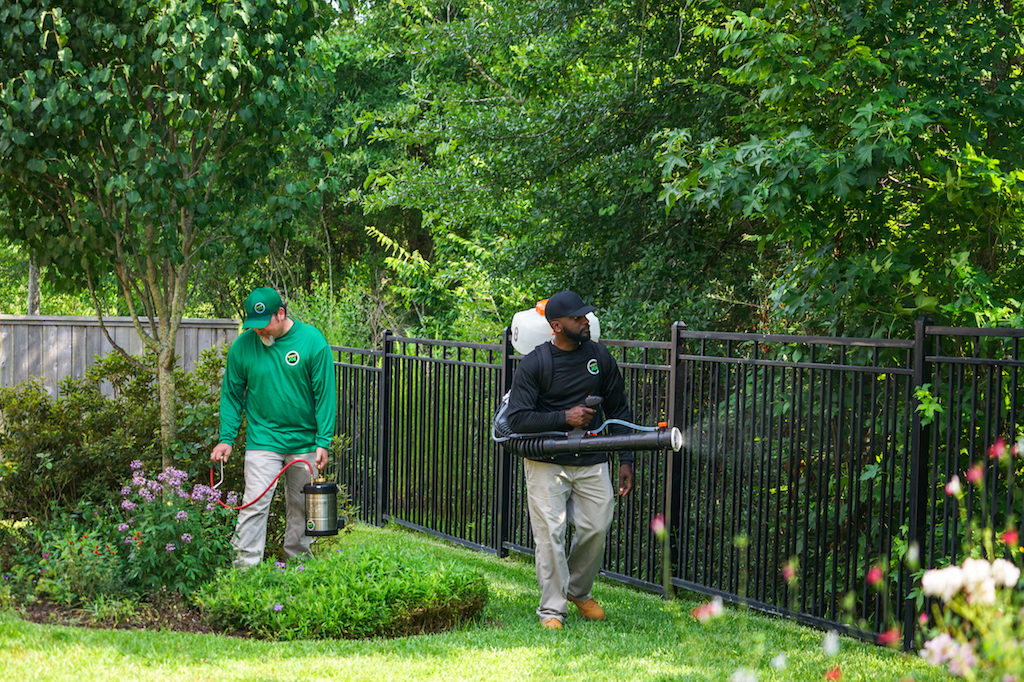Different Types of Mosquito Breeds in Texas

Do you know what types of Texas mosquitoes are bugging you?
There are 85 species of mosquitoes living in Texas. Even though there are over 3,000 species in the world, and 176 of those can be found in the USA, 85 still seems like a high number. However, when you consider the size of our great state of TX and the variation of weather within it, 85 actually seems like a reasonable number. Also remember that mosquitoes date back over 260 million years and classifications have been a work in progress for some time.
So which ones do we encounter in the Northwest Houston area? Keep reading to learn more about each of the different species that could be found in your very own backyard! We should first premise this by letting you know that there is an abundance of species in our area. We also note that many of the current maps are not reflective of what we see in the field. For example, we have located Aedes albopictus in areas not noted on the AgriLife maps. Still, to get a better sense of the breadth of species and locations in which they are found, you can visit here.


It is helpful to keep in mind a couple of facts about mosquitoes that apply to all the Genus below:
- Only the female mosquitoes bite, and they do so to get the protein they need to lay eggs. When a mosquito bites you, you can be certain that she just bred and is preparing to start a new family.
- Mosquitoes need stagnant water to lay their eggs in. Chlorinated water or circulating water (think pools and fountains) are not going to cut it for them.
- Mosquitoes have a rapid life cycle so they don’t mess around. We did the math: one teaspoon of water allows for 300 eggs every 4-7 days. Given a 50% male to female ratio, one mosquito laying150 females will produce over 2 billion female mosquitoes in under a month – Yikes!
It’s probably easiest to begin with the genus of the mosquitoes we live within the Houston, Texas area. The genus groups mosquitoes by a common characteristic and just within our area, there are nine different kinds: the Aedes, Anopheles, Culex, Culiseta, Mansonia, Orthopodomyia, Psorophora, Toxorhynchites and Uranotaenia.
1. Aedes:
The Aedes mosquitoes are located on every continent except the Antarctic. They are visually distinct from other genus’s with black and white stripes on their body. These are the mosquitoes responsible for Dengue, Yellow Fever, West Nile, Chickungunya, Eastern Equine Encephalitis and the Zika virus. Most notable amongst these are the Aedes aegypti (Yellow Fever Mosquito) and Aedes albopictus (Asian Tiger Mosquito). These guys are all over our area and are very aggressive. Unlike other species, they don’t mind the sun and are often seen during the day. These are responsible for the majority of calls we receive when folks are looking for a mosquito repellent service for their yard.
The Yellow Fever mosquito is the primary carrier of Zika and they lay eggs in the smallest amount of stagnant water – such as the water in flower vases, tires, and opened containers. They are active all year and prefer dawn and dusk.
The Asian Tiger was introduced into the States in 1985 in a shipment of tires to the Port of Houston. Since then they have spread up to NY State and as of 2017 have been found in every state in the US. They carry West Nile, Encephalitis, Dengue and heartworms. Asian Tigers take full advantage of any water in your yard – holes in trees and tires are popular breeding choices for the Asian Tiger mosquito. They are active all year and are aggressive daytime breeders.
2. Anopheles:
This genus is composed of 460 species, with 100 of those capable of transmitting Malaria, while others transmit Canine Heartworm.
Around Northwest Houston, the Anopheles quadrimaculatus, otherwise known as the Marsh Mosquito, is prevalent. These guys have a “tell” to help you identify them. Unlike other species, who rest on your skin with their body parallel to your limb, the marsh mosquito holds its body at an angle with its rear end raised. They are very dark in color with dark spots on their wings. After Hurricane Harvey, we saw a dramatic uptick in the number of marsh mosquitoes, a result of the massive increase of waters in our area. They prefer to lay their eggs in swamps, wet vegetation and around ponds and lakes.
The Anopheles freeboni is one of several species in Houston that are more active in the winter than the summer. Just when some other species are slowing down (mosquitoes don’t hibernate until temperatures fall under 50 degrees and remain there, something that never happens in Texas!) the freeboni is just getting started.


3. Culex:
The Culex genus is responsible for the transmission of West Nile, St. Louis Encephalitis and Avian Malaria. In our area, the most common of these is the Culex pipiens, also known as the house mosquito. These guys love feeding on nectar and a pile of decaying fruits is a perfect meal for them. If you happen to have fruit trees, keeping the ground clear of fallen fruits will help you control these pests in your yard. They also love wet trash, wastewater and bird baths. These guys generally don’t start biting until after dusk.
4. Culiseta:
The Culiseta is a genus of mosquitoes that are cold-adapted, meaning that they are active in the cooler months in our area and not during the summer. The Culiseta inornata, otherwise known as the Winter Marsh Mosquito, is common in Houston, Texas, more so with wet weather. We certainly saw an increase in them after Harvey. As the name suggests, these guys love stagnant water and wet vegetation.


5. Mansonia:
Mansonia mosquitoes are big and black or brown in color. They breed in ponds and lakes that contain floating plants and use the underside of the leaves to lay their eggs. The larvae use the rootlets to obtain their air supply. The best way to remove these mosquitoes is to remove their habitat by controlling floating plants on any bodies of water in your yard. They are also a potential vector for the Rift Valley Fever virus.
6. Orthopodomyia:
The beauties of the mosquito world, this genus is marked with bands of white, silver and sometimes gold. They lay their larvae predominantly in tree holes, or in bamboo and the females feed mostly on birds. Our technicians are always on the lookout for holes in trees, so we can get a jump start on killing their larvae. They may be pretty, but they still bite!
7. Psorophora:
A few species of this genus are in the Northwest Houston area. The Psorophora ciliata is a very large mosquito and is also very aggressive. Interestingly, they are known to prey on the larvae of other mosquito species, so while they are scary to look at, they at least help control other species. The females will lay eggs on damp ground, which can then hatch years later. The Psorophota columbiae is a floodwater mosquito that can travel up to 8 miles from its breeding area. We see them after large weather events and they are active both during the day and at night.
8. Toxorhynchites:
Otherwise known as Elephant Mosquitoes, these are the largest mosquitoes. These pesky bugs don’t feed on blood. Instead, feed on plants and fruits.
9. Uranotaenia:
These small mosquitoes use a multitude of habitats including holes, bamboo, plants and artificial containers. The good news is that the females rarely feed on humans, preferring reptiles and birds. Many of the species are attracted to light and are occasionally found resting in homes. Uranrtaenia lowii are found in our area.


Fortunately, Mosquito Joe of Northwest Houston and South Brazos Valley is here to help get rid of all these different types of mosquitoes that are found in our area of Texas. We can provide many mosquito repellent spray options for both your home and business including barrier spray treatments, all-natural sprays, special event sprays and more. Our team is knowledgeable about these mosquitoes and the best way to get them out of your yard ASAP. If you’d like more information on how we can help eliminate these pesky mosquitoes so you can get back to enjoying your outdoor space, give us a call at 281-815-0228 or email us at NWHoustonBrazos@MosquitoJoe.com.


